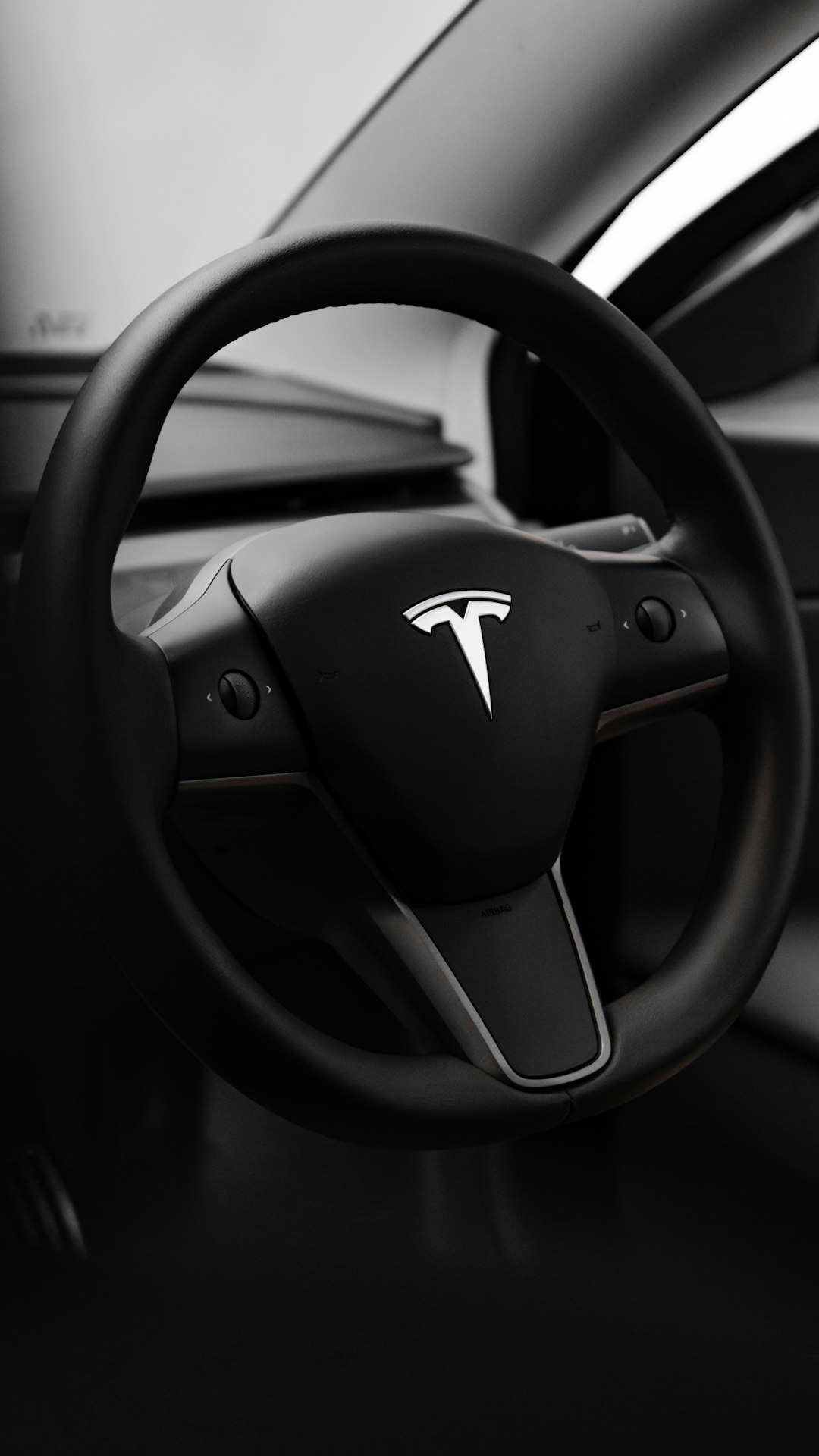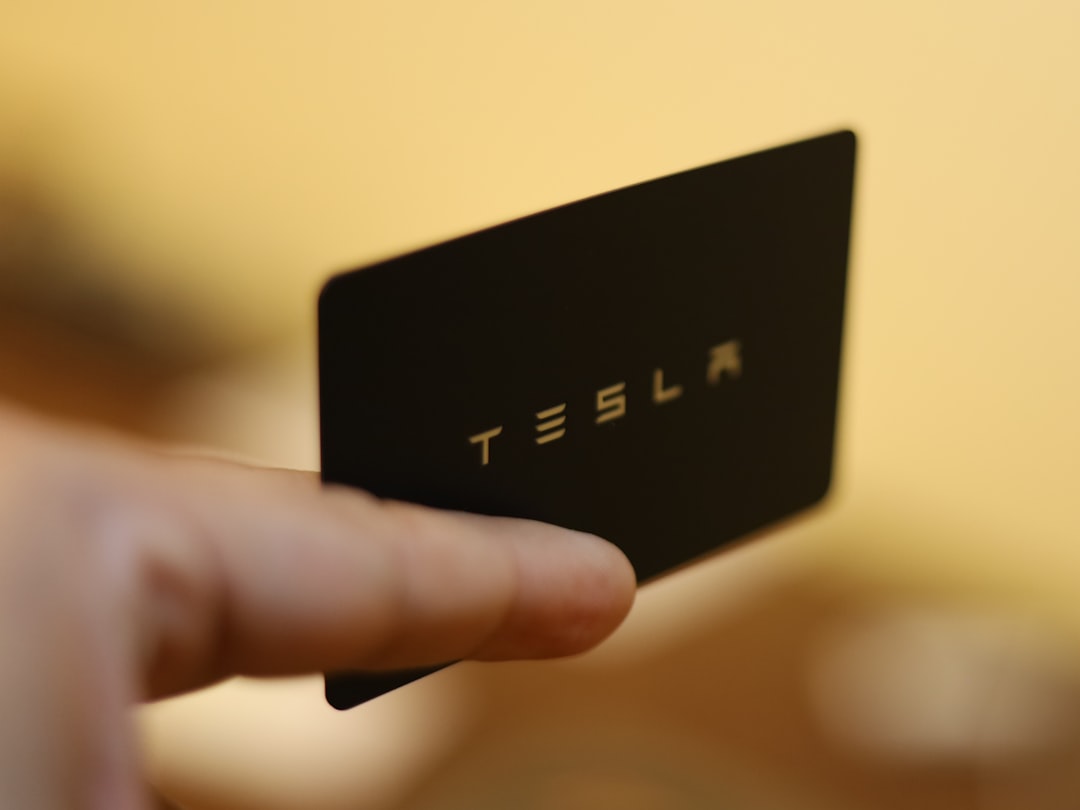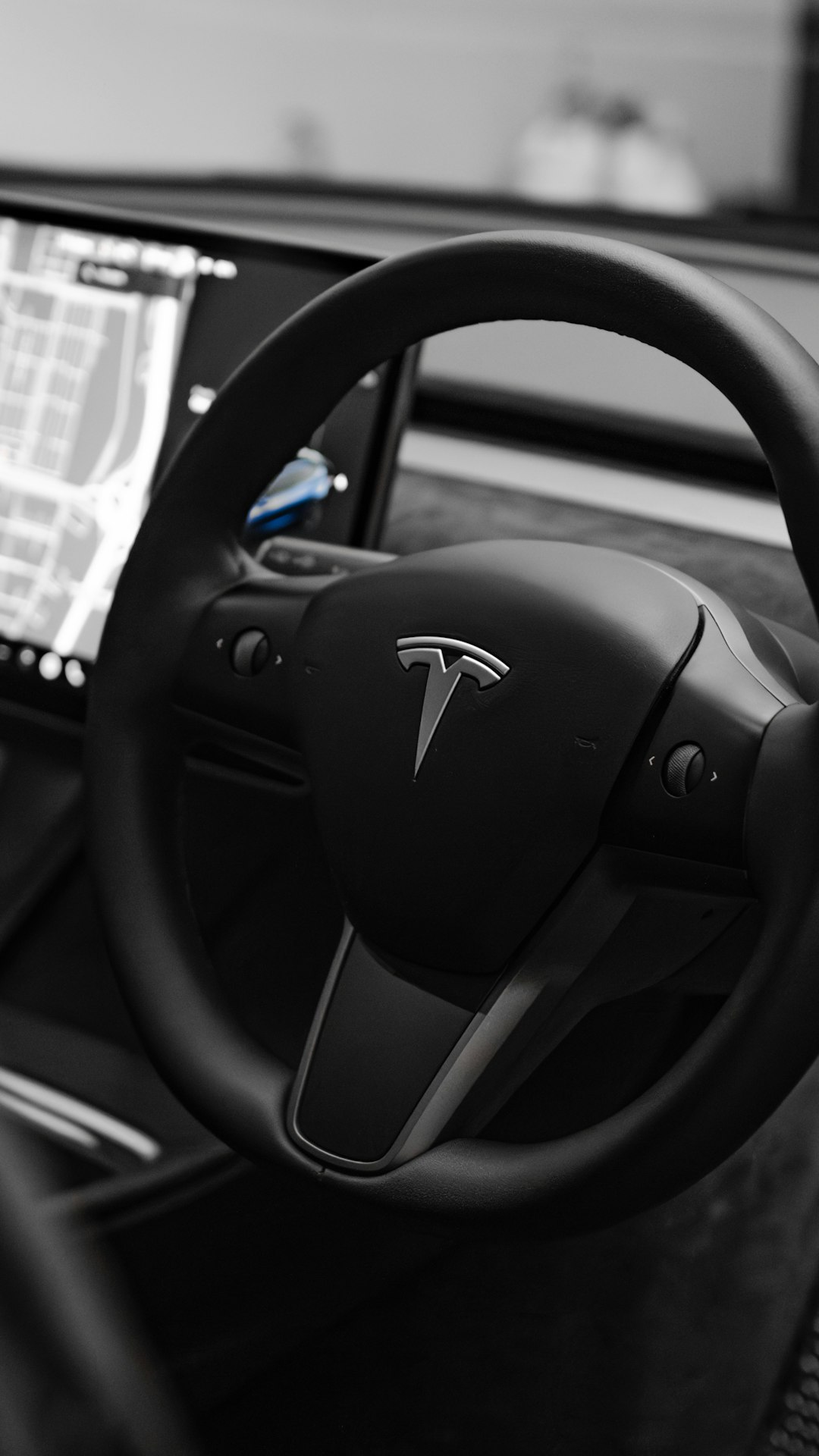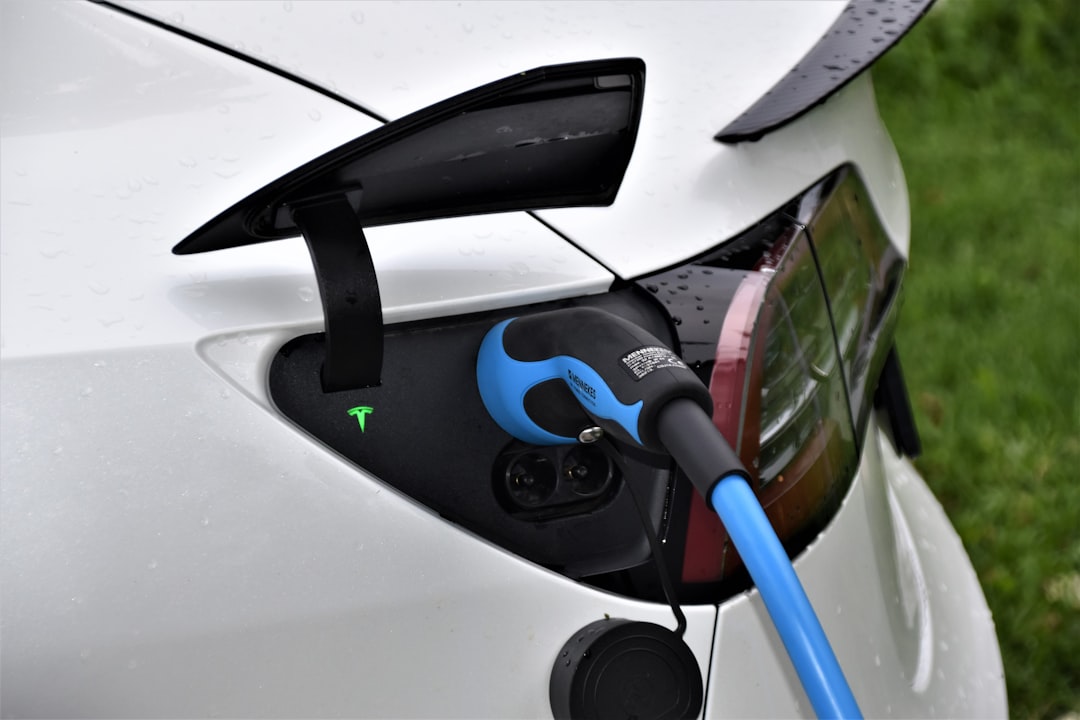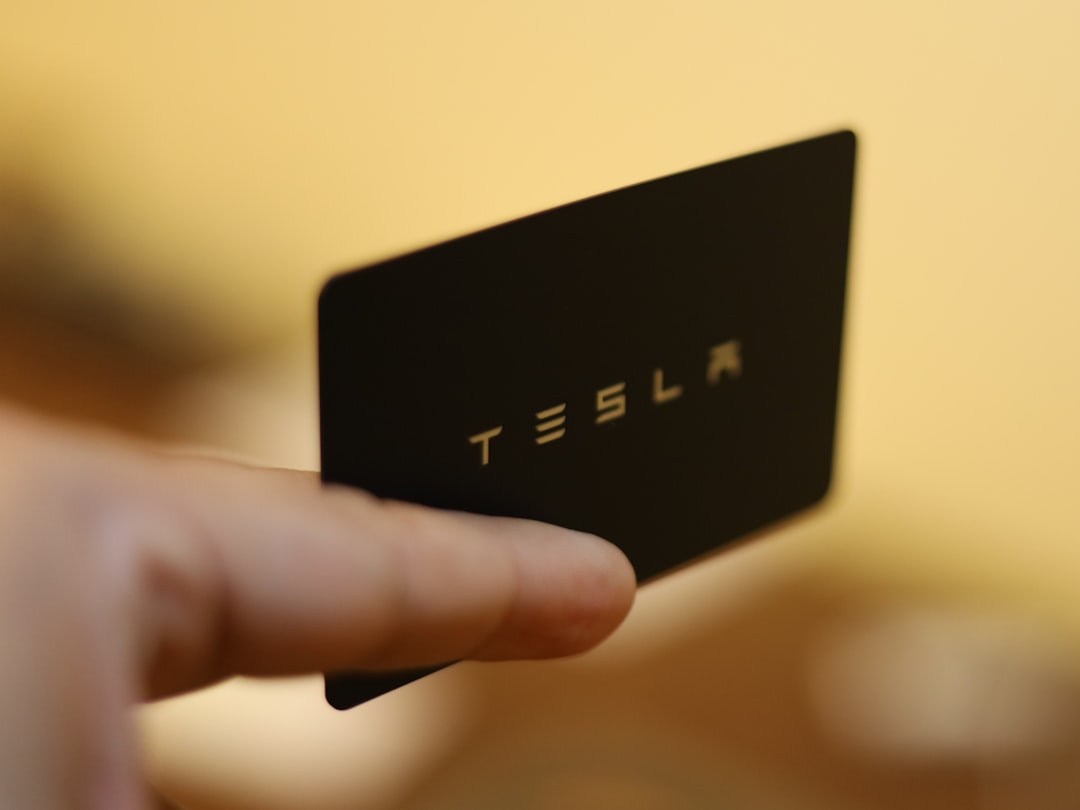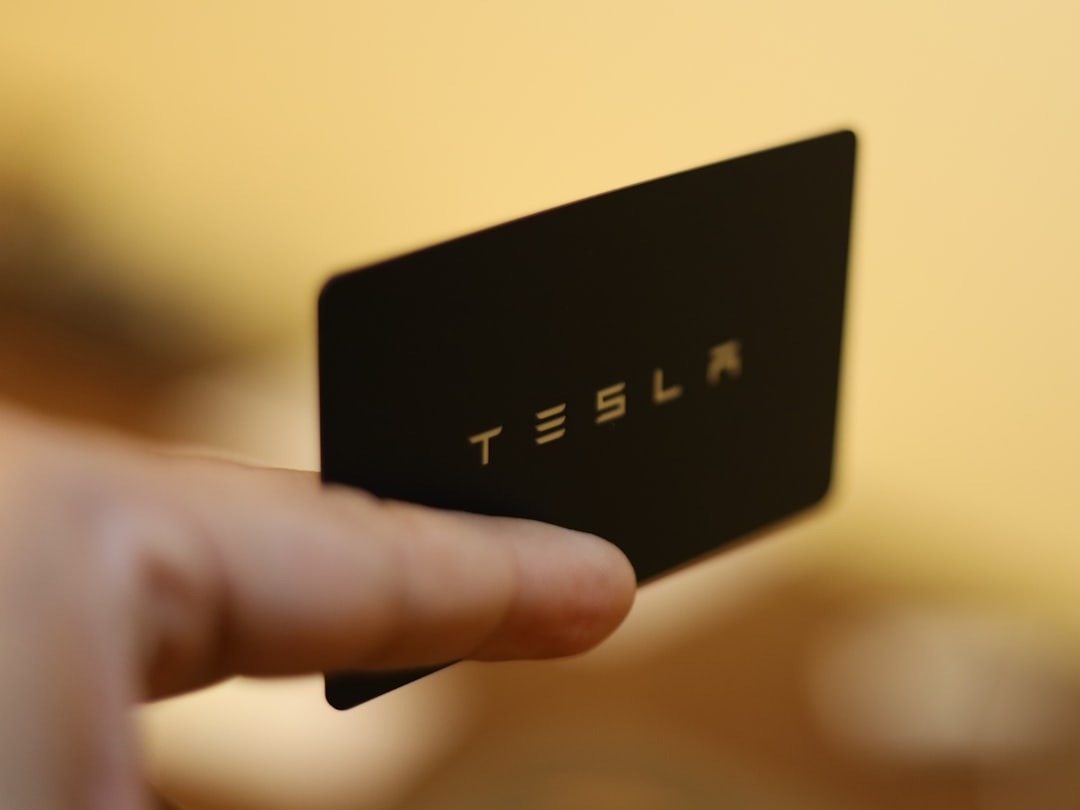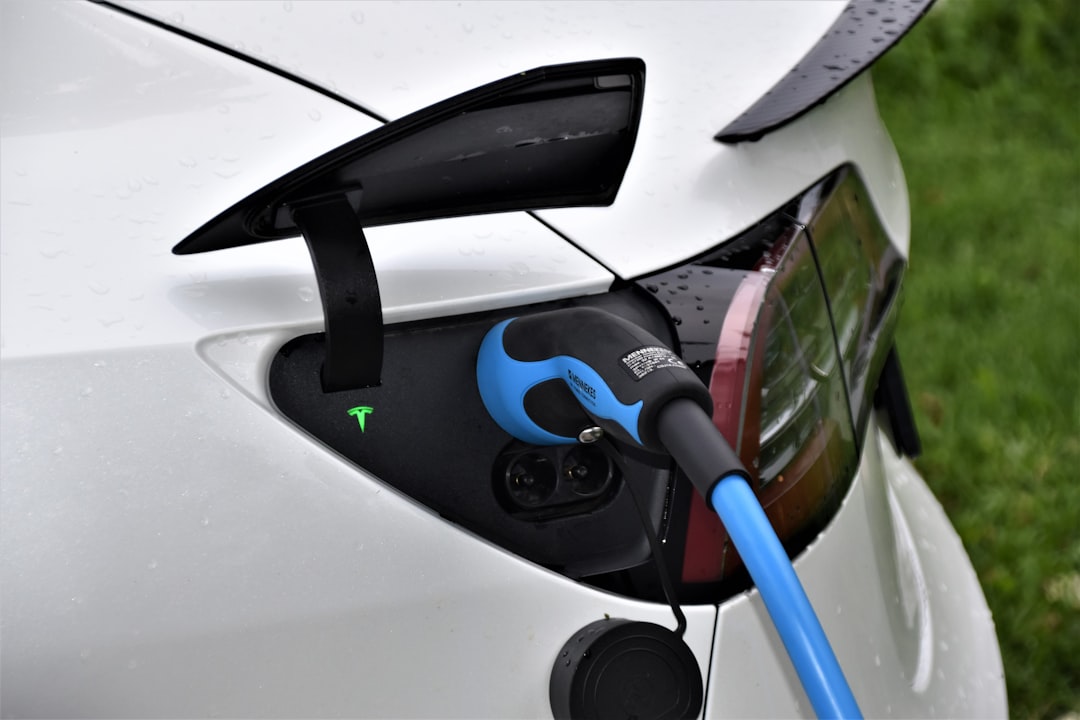Tesla has been a frontrunner in electric vehicle innovation, but when it comes to autonomous vehicles (AVs), some analysts argue the company may face a steep challenge. Competitors like Waymo have made strides in autonomous tech, potentially leaving Tesla with significant ground to cover. Let’s break down the latest insights on Tesla’s position in the AV race.
Tesla vs. Waymo: Key Differentiators in the AV Landscape
Analysts note that while Tesla has focused on its proprietary driver-assistance system, Waymo has invested heavily in fully autonomous technology. Waymo’s advanced sensor suite and years of testing give it a notable edge, making it difficult for Tesla to match their current capabilities.
1. Technological Advancements and Challenges
Tesla’s Full Self-Driving (FSD) system has undergone rapid development, but it’s structured differently from Waymo’s approach. While Tesla relies on a combination of cameras and neural networks, Waymo uses high-definition mapping and a more sophisticated sensor fusion, which enhances accuracy in navigating complex environments. To keep track of Tesla’s technical and market progression, you can explore its Company Rating metrics, providing insights into valuation, industry comparisons, and overall ratings.
2. Regulatory Hurdles and Safety Concerns
The road to fully autonomous driving is paved with regulatory challenges. Safety standards for AVs are still evolving, with regulators pushing for more stringent protocols. Analysts suggest that Waymo’s focus on advanced mapping and sensor redundancy aligns more closely with regulatory expectations, potentially giving it an advantage in meeting safety standards that Tesla’s FSD may not fully address yet.
Market Implications and Tesla’s Long-Term AV Strategy
Tesla’s AV strategy has drawn investor attention, especially as more companies venture into autonomous tech. However, catching up to Waymo could require significant shifts in Tesla’s approach, from upgrading sensor technology to possibly enhancing real-time mapping capabilities.
For investors keeping an eye on growth potential, Advanced DCF data can provide a deeper understanding of Tesla's future cash flows and long-term valuation, essential for gauging the impact of Tesla’s ongoing innovations in the AV space.
Analysts’ Outlook: High Hopes but Tempered Optimism
While Tesla’s ambitions remain high, the path to dominating the AV market appears steep. Analysts highlight the need for continuous advancements in FSD capabilities and possibly a more structured focus on autonomous innovation to gain a competitive edge. However, Tesla’s agility in tech innovation means it may still be capable of closing this gap—though how quickly remains to be seen.
About NASDAQ: TSLA
T
esla, Inc. designs, develops, manufactures, leases, and sells electric vehicles, and energy generation and storage systems in the United States, China, and internationally. It operates in two segments, Automotive, and Energy Generation and Storage. The Automotive segment offers electric vehicles, as well as sells automotive regulatory credits;
Price: 311.18
Market cap: 998.9 billion USD
Eps: 3.67
P/e ratio: 84.79
Focus Analysis On: TSLA
All news about: TSLA
 Berkshire Hathaway
Profile, Qualitative, Financials ...
Overview
Berkshire Hathaway
Profile, Qualitative, Financials ...
Overview
 Royal Bank Of Canada
Fundamental Analysis
FA
Royal Bank Of Canada
Fundamental Analysis
FA
 Pfizer Inc.
Supply Analysis
Drugs, Devices, Recalls, Compliance ...
Pfizer Inc.
Supply Analysis
Drugs, Devices, Recalls, Compliance ...
 Amazon.com, Inc.
Risks/AI
NLP Analyzed Risk Factors, AI Arguments
Amazon.com, Inc.
Risks/AI
NLP Analyzed Risk Factors, AI Arguments
 The Boeing Company
M&A Deals
Deal Sizes, Dates, Security Type, S-4 ...
The Boeing Company
M&A Deals
Deal Sizes, Dates, Security Type, S-4 ...
 Adobe Inc.
Employee Analysis
VpE, Survey, Geographical Biding & Aqc.
Adobe Inc.
Employee Analysis
VpE, Survey, Geographical Biding & Aqc.
